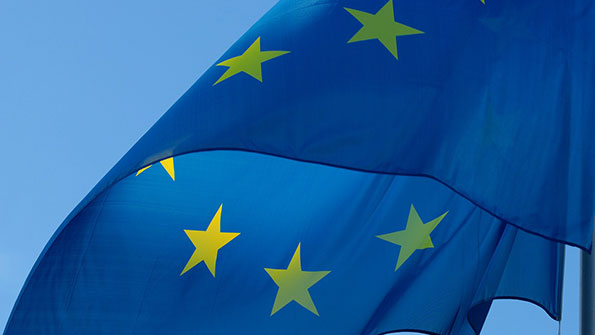
On June 2021, the European Parliament, the European Council and the European Commission agreed on the reform of the Common Agricultural Policy (CAP). This provisional political agreement paves the way for the formal approval of the necessary legislation by the European Parliament and the Council in the autumn of 2021.
The new CAP aims to foster a sustainable and competitive agricultural sector that can support the livelihoods of farmers and provide healthy and sustainable food for society, as well as vibrant rural areas.
Agriculture and rural areas are central to the European Green Deal, and the new CAP will be a key tool in reaching the ambitions of the Farm to Fork and biodiversity strategies.
The policy focuses on nine specific objectives, linked to common EU goals for social, environmental, and economic sustainability in agriculture and rural areas:
- Ensuring a fair income to farmers;
- Increasing competitiveness;
- Rebalancing the power in the food chain;
- Climate change action;
- Environmental care;
- Preserving landscapes and biodiversity;
- Supporting generational renewal and structural change;
- Alleviating unemployment and poverty pressures on rural areas;
- Protecting food and health quality.
By December 2021, each EU country will design a national CAP strategic plan, combining funding for income support, rural development, and market measures. In its CAP strategic plan, each EU country will be obliged to display a higher ambition on environment and climate action compared to the previous programming period and will be required to update the plan when climate and environmental legislation will change.
The CAP will officially start in January 2023 and by the end of the year, the European Commission will submit a report to assess the joint effort of all CAP strategic plans, with a particular focus on the collective ambition to achieve Green Deal targets.
As of 2024, each EU country will present an annual performance report and hold an annual review meeting with the Commission. In 2025 the Commission will undertake a first performance review of each CAP strategic plan and request – if necessary – specific follow-up actions to EU countries.
In 2026, an interim evaluation will assess the performance of the new CAP, and finally in 2027, the Commission will undertake a second performance review of each CAP strategic plan.
The new CAP supports agriculture in making a much stronger contribution to the goals of the European Green Deal, as summarized here below:
- Higher green ambitions: CAP plans will be in line with environmental and climate legislation;
- Contribute to the Green Deal targets: the national CAP strategic plans will contribute to the Green Deal targets (the CAP recommendations set out how this contribution is expected);
- Enhanced conditionality: beneficiaries of the CAP will have their payments linked to a stronger set of mandatory requirements;
- Eco-schemes: at least 25% of the budget for direct payments will be allocated to eco-schemes, providing stronger incentives for climate-and environment-friendly farming practices and approaches (such as organic farming, agro-ecology, carbon farming, etc.) as well as animal welfare improvements;
- Rural development: at least 35% of funds will be allocated to measures to support climate, biodiversity, environment and animal welfare;
Climate and biodiversity: 40% of the CAP budget will have to be climate-relevant and strongly support the general commitment to dedicate 10% of the EU budget to biodiversity objectives by the end of the EU’s multiannual financial framework (MFF) period.


